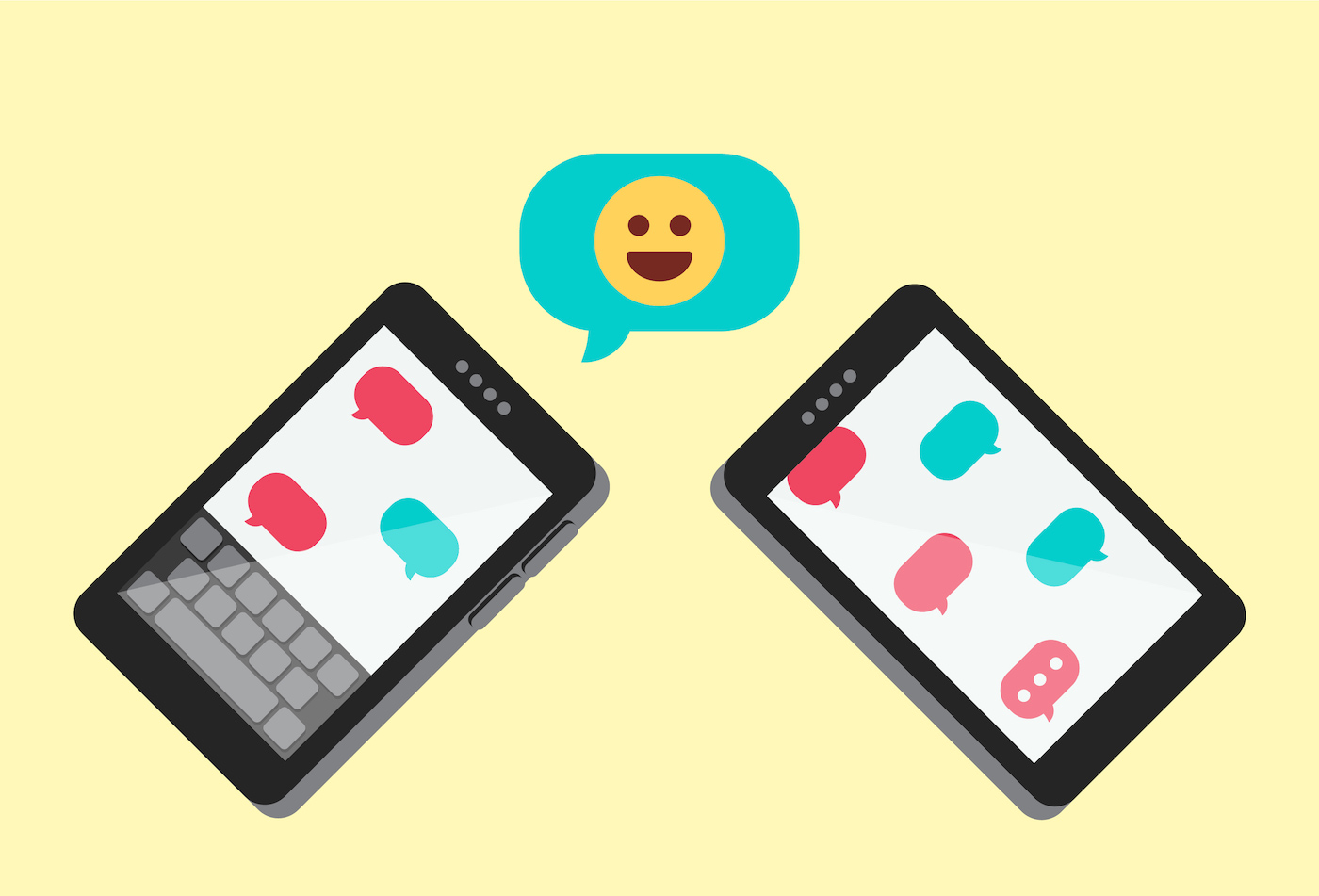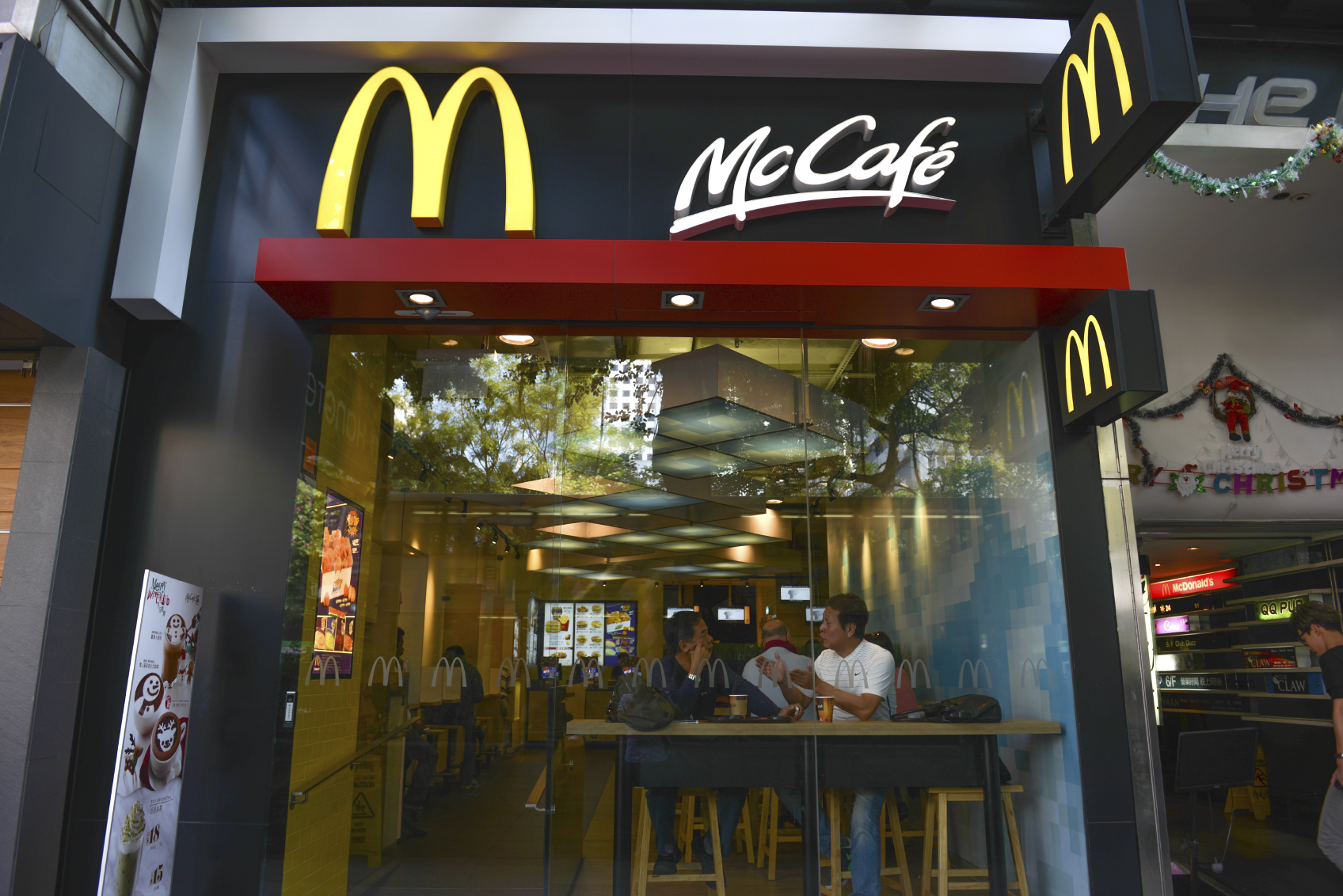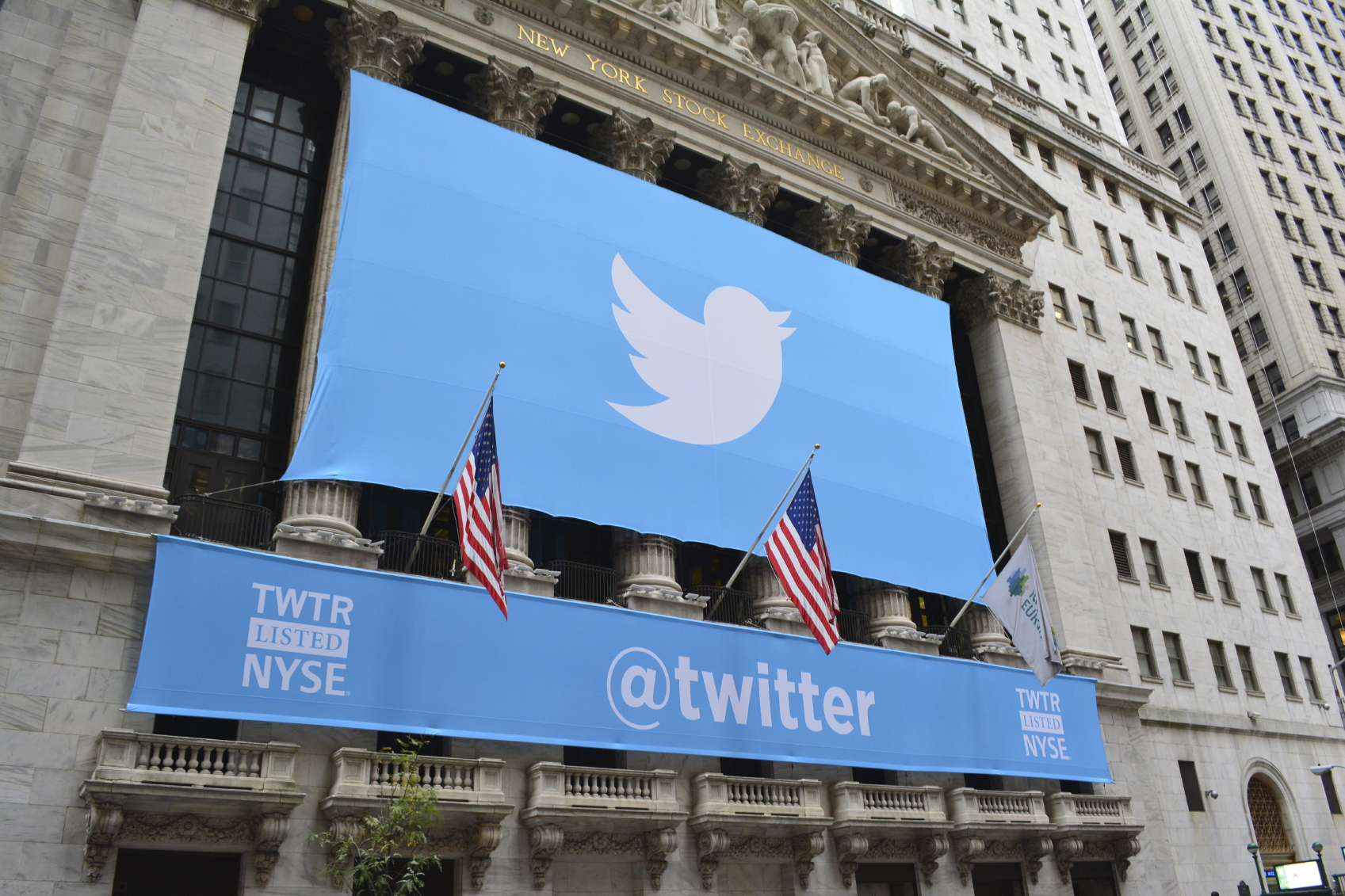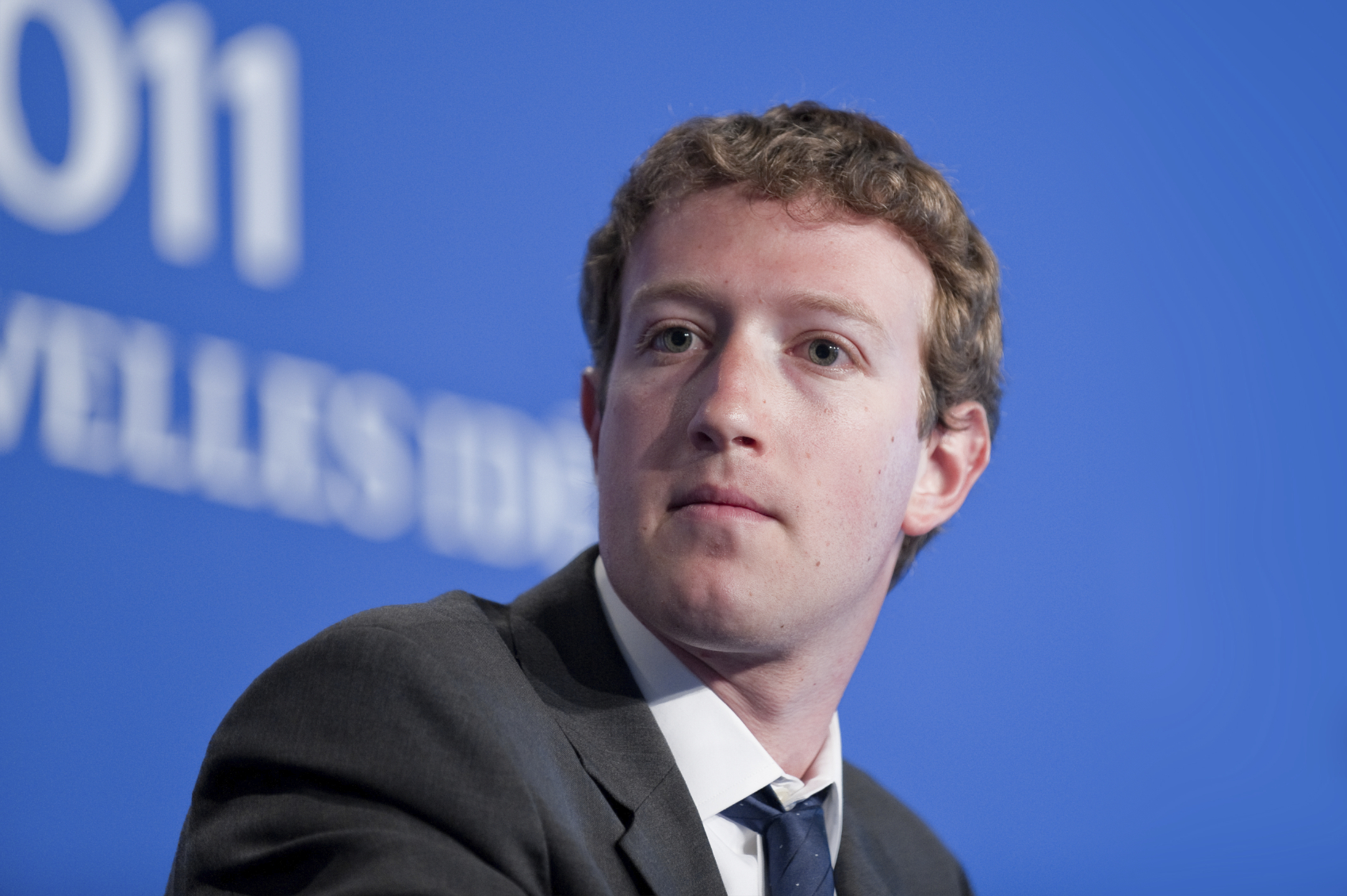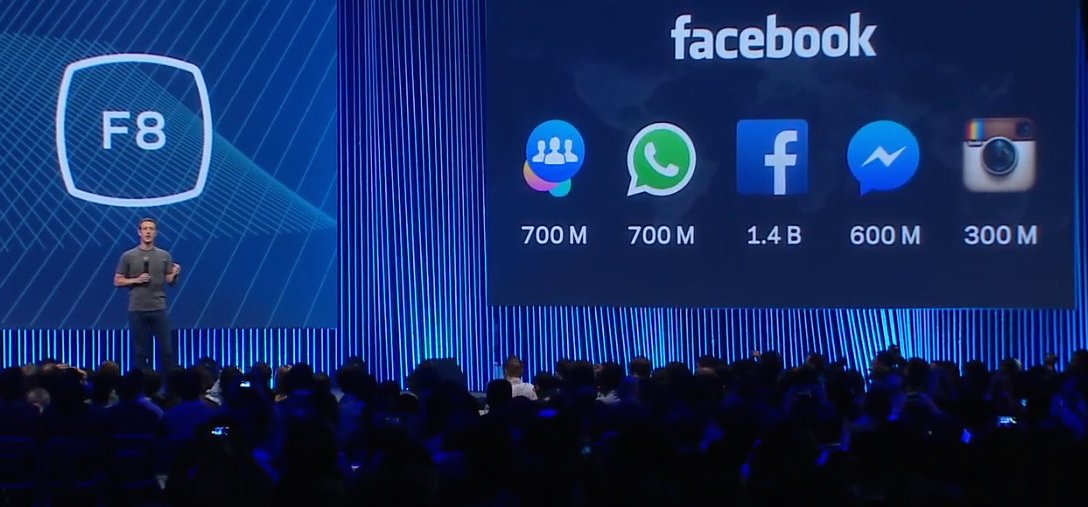With more than 30 million apps and sites currently on Facebook’s platform, Facebook is much more than just a social network. At their big F8 Developer Conference today, Facebook made some major announcements that uncovered their detailed plan for building out its platforms, as well as helping developers and publishers alike connect with users and monetize their content.
Messenger App To Become A Platform And Disrupt Ecommerce
As we reported earlier this week, Facebook is expanding its Messenger app into a full-fledged media platform by allowing integration with third-party apps and content. More importantly, it is also looking to disrupt ecommerce with a new mobile shopping experience. Equipped with real-time shipping notifications and enhanced receipts, the new Messenger Platform promises to connect shoppers to businesses by integrating all disconnected emails generated through online shopping into one cohesive chat thread for easier access and tracking.
New Parse SDK To Connect The Internet of Things
Parse, a mobile development platform that Facebook acquired 2 years ago, is coming out with a new SDK that will make it easier for developers to create apps to connect a variety of connected devices. One demo featured a garage door opener build on Parse’s new platform. This puts Facebook directly in competition with Apple’s HomeKit and Google’s Nest Platform, as well as a handful of other IoT platforms.
Mining Insights From App-Generated Data
Mobile apps generate tons of untapped data all day, and Facebook is looking to make better use of them with a new Facebook Analytics for Apps. Essentially a “Google Analytics” for mobile apps, it will help developers and content owners alike gain valuable insights into engagement or conversion rates of Facebook-powered apps.
Bringing New Video Experiences Into Social
Besides a new video plug-in tool that allows easy embedding of Facebook videos on other sites, Facebook is also looking to integrate its new Spherical Videos, which let viewers move around in a 360-degree view, right into the News Feed, laying the groundwork for virtual reality video in your social stream.
New Ways Of Monetization Glue The Platform Together
To help publishers better monetize their content, Facebook unveiled an upgrade of its video ad platform Live Rail that will add support for mobile display ads—especially native ads, Facebook’s Audience Network—while also improving content targeting using Facebook’s anonymized data. Moreover, the previously mentioned deep integration of content and apps on Facebook Platform will undoubtedly bring in ample opportunities for monetization.
